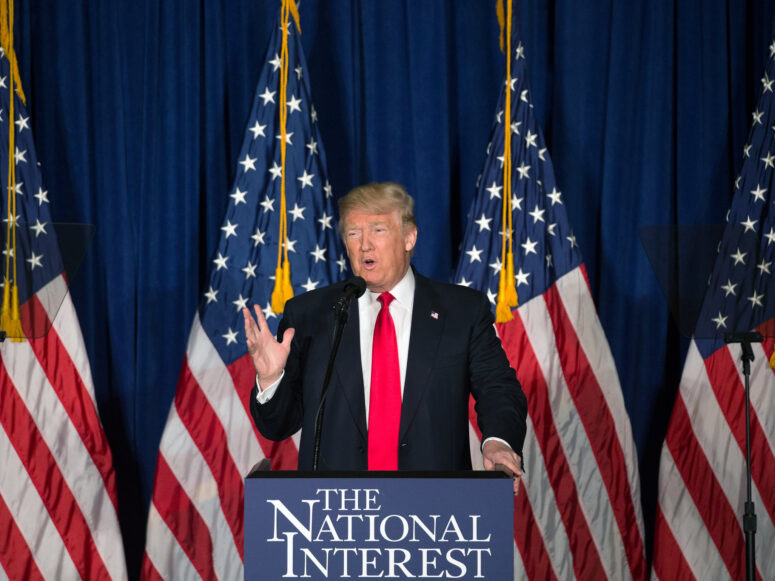The FCPA was enacted in 1977 after the Watergate scandal. For decades following its enactment, FCPA enforcement was largely non-existent. It was not until the early 2000s when, following the second amendment of the Act, enforcement activity proceeded in earnest. Enforcement progressed with the enactment of the Dodd-Frank Act of 21 July 2010, which contains several whistleblower provisions requiring certain agencies to reward and protect whistleblowers.
Fines inflicted to foreign companies for corruption and bribery were enormous, sponsoring the US economy going as far as sometimes destroying competition. In most of cases, the money collected never returned to the country where the bribes were paid, thereby not benefiting the local economy. In my opinion, the enforcement process of the FCPA conducted by the US authorities benefited only the United States economy.
On 10 February 2025, Donald Trump issued an executive order pausing the enforcement of the FCPA for 180 days. During this six-month period, the Attorney General must review existing policies and guidelines governing the Department of Justice’s current approach to FCPA enforcement and to issue updated policies or guidelines “to prioritize American interests, American economic competitiveness with respect to other nations, and the efficient use of Federal law enforcement resources.” No surprise that the new approach will continue to serve the US economy.
While the United States has been the most active in prosecuting foreign bribery, it is no longer the only nation with an anti-bribery regime. In response to the aggressive enforcement of the FCPA, other jurisdictions have passed anti-corruption laws that may touch US individuals and companies. The United Kingdom’s Bribery Act 2010 has broad jurisdictional reach and applies: (i) to offences committed in the UK; (ii) to offences committed outside the UK where the person committing the offence has a close connection with the UK; and (iii) to offences committed by any company incorporated in the UK or that “carries on a business or part of a business in” the UK.
Hopefully, other governments will continue enforcing their anti-corruption legislation and use it in the same way as the US , i.e. as an economic weapon.


